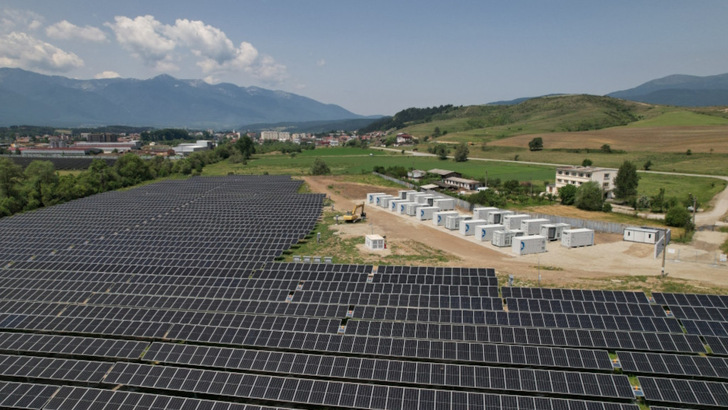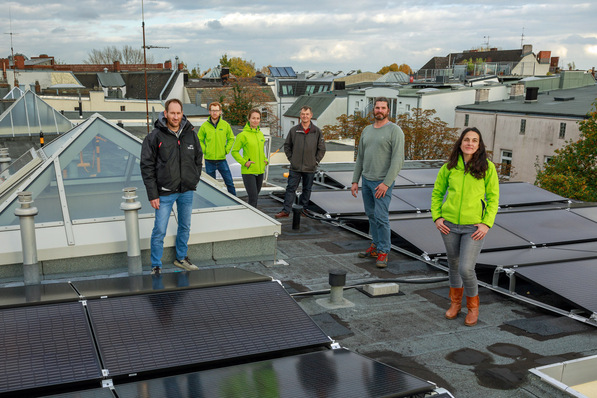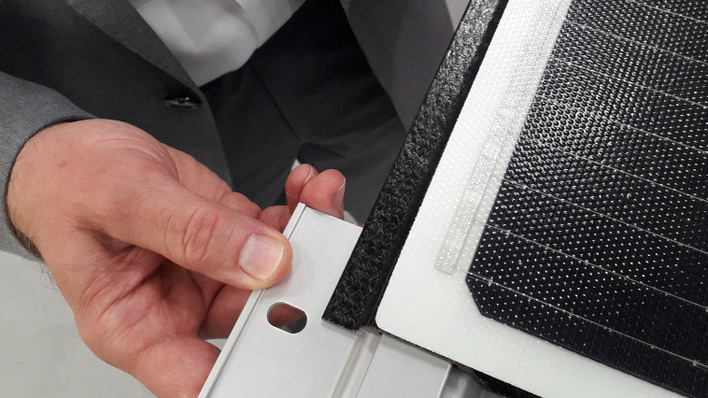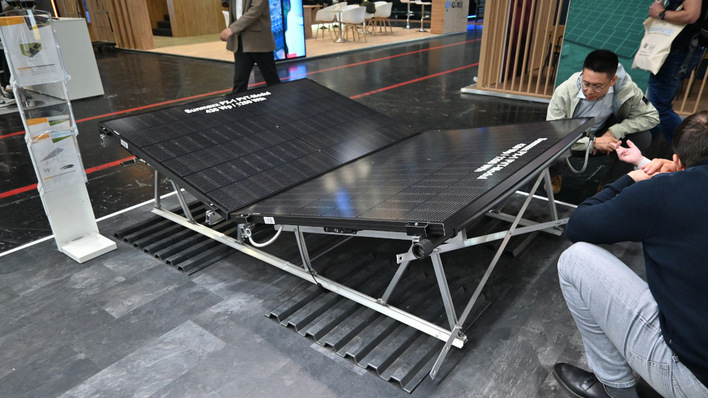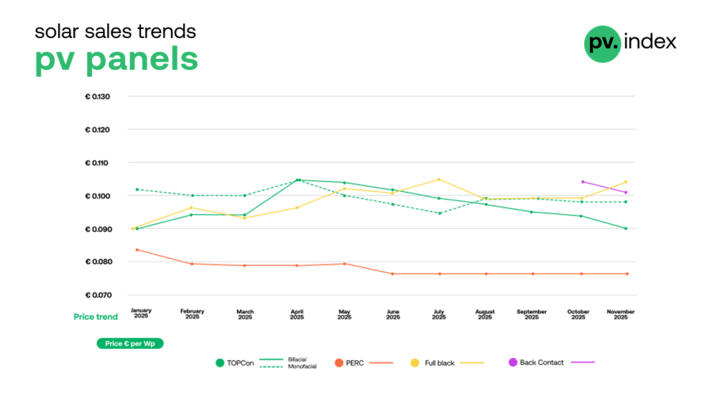Pexapark’s latest data feature, the ‘Transactable Price Range,’ highlights the lack of pricing consensus by showing the overlap between the highest buyer bids and the lowest seller offers for specific contracts. This illustrates just how narrow the window is for deals to be struck.
“The challenges observed in Q3 clearly show that the disconnect between price, driven by developer costs and regulatory benchmarks, and value – driven by forward prices, capture risk and buyer appetite – is a primary constraint on renewables dealmaking,” said Luca Pedretti, COO and co-founder of Pexapark.
Subcribe to our monthly free PV newsletter for investors
“When bid ranges fall short of minimum offer ranges, transactions stop. This isn’t due to a lack of ambition; it’s a symptom of poor information and a lack of shared understanding of pricing among counterparties,” Pedretti added.
Sharp drop in Germany and UK
In Germany, there was no such overlap in Q3. As a result, PPA activity dropped to just three announced deals (169 MW) in the quarter, largely limited to niche on-site corporate arrangements.
For solar, the gap was driven by buyers continually lowering capture assumptions, factoring in greater risk from oversupply and negative pricing. For onshore wind, seller expectations remain anchored to the minimum returns needed to compete with recent government EEG auctions, keeping them out of reach for most corporate buyers.
RE-Source calls for state support to de-risk corporate PPAs
In the UK, the high price points set by the inflation-linked Contracts for Difference (CfD) scheme have pushed seller expectations well above what corporates are willing to pay, resulting in no transactable price overlap for either solar or onshore wind.
Almost standstill in France, Iberia and Nordics
Similarly in France, developers are basing their offers on elevated government auction benchmarks, while buyers are applying steeper discounts, leading to a standstill, especially for new onshore wind capacity.
In the Iberian markets, appetite for pure-play solar deals has waned, narrowing the Transactable Price Range. The region faces rising capture and cannibalisation risks, compounded by surging technical curtailment in Spain, which forces solar generators offline without remuneration and fundamentally challenges project economics.
UNEF CEO José Donoso on Spain’s solar challenges: “Investments are stagnating”
In the Nordic markets, PPA Fair Values remain insufficient to cover developers’ costs for new-build projects. Corporate buyers, increasingly price-sensitive, are less willing to pay the premiums needed to make projects bankable, bringing new development to a near standstill, particularly in the northern price zones.
Italy as counterpoint
Italy, however, stands out as a strategic counterpoint, demonstrating clear investor confidence in structured, long-term regulatory frameworks. While total PPA capacity declined for a second consecutive quarter, the number of deals increased to ten, and the BESS market saw robust activity.
Navigating hurdles in large-scale battery project finance
Crucially, the onshore wind segment in Italy maintained high Transactable Price levels, around 72.6 EUR/MWh, supported by consistently strong demand for its stable profile. The country also successfully held its inaugural MACSE auction, allocating 10 GWh of storage capacity at highly competitive prices. This success, together with the announcement of two major BESS tolling agreements, underscores a market focused on long-term revenue certainty.
Co-located projects mitigate price risks
Amid PPA market illiquidity, offtake arrangements linked to Battery Energy Storage Systems (BESS) are gaining popularity across Europe. Market participants now view co-located BESS as critical for mitigating the volume and price risks associated with renewable energy exposure, the report found.
Storage and co-location seen as remedy for fragile PPAs
The rise of BESS is most evident in the UK, where batteries are being co-located with around 70 percent of new solar and wind projects in H1 2025 to mitigate capture factor and cannibalisation risk. In Spain, BESS is being actively prioritised to shift generation away from periods of high solar output and cannibalisation. Additionally, both Poland and Germany saw major advancements in BESS commercialisation in Q3, highlighting a shift in developer strategy from solely selling generation to integrating flexibility. (hcn)


